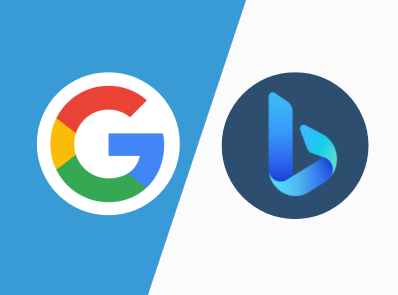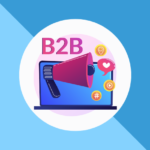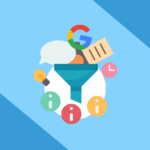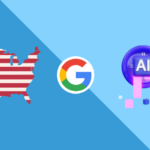Searching on the internet to find information about a restaurant, movie, the latest celebrity gossip, or global news story is an essential part of our daily lives. We use search engines to help us resolve arguments, learn new facts, and find new products.
One thing is for sure, search engines are not stagnant. They are constantly evolving, and technology is advancing. Traditional search engines we’re accustomed to could soon be a thing of the past. The future of search engines is AI-powered search results. Recent weeks have seen tech giants, Google and Microsoft, at the forefront of this change. They’ve both revealed their own plans for what search will look like with AI results. In this blog, we’ll round up the latest AI news and statements from Google and Microsoft and what this means for marketers.
Microsoft AI
Back in 2019, Microsoft announced it was partnering with OpenAI, an artificial intelligence research organization. They invested $1 billion into the business to boost their research efforts in the hopes to collaborate and advance AI technologies. This partnership has worked in Microsoft’s favour as they will have access to using AI technologies that OpenAI develops.
What is ChatGPT?
In November 2022, OpenAI released its powerful language-processing AI model, ChatGPT. It’s programmed to understand human language and generate human-like responses based on data it’s trained on. This allows it to respond to a diverse range of topics and conversations. It uses content from across the internet (before 2021) to teach itself how to answer questions. While ChatGPT is just one of the many AI technologies that they’ve developed, it’s gained a large amount of attention for its ability to generate high-quality, human-like responses from text prompts. It’s a powerful tool and Microsoft has begun integrating ChatGPT into various software, applications, and even its search engine, Bing.
Microsoft Unveils its AI-Powered Search Engine

Microsoft has released statements that it has launched a new, AI-powered, search engine that allows people to chat with it, ask it questions, or even create content. Using ChatGPT, Microsoft has customized the tool to be faster, more accurate, and specifically made for search. It boasts that the new AI-powered Bing delivers better search results, more complete answers, and can generate content. It plans to deliver a better experience for users by:
- Better Search Results – Bing will give you more relevant searches for simple requests and provide a sidebar that shows more comprehensive answers if you want them.
- Complete Answers – Microsoft says that half of all 10 billion daily search queries go unanswered. With Bing, it will review results from across the web and summarize the answer you’re looking for, giving you detailed instructions at the moment, without having to scroll.
- Integrating Chat – Interactive chat features have been added to search to provide answers to complex questions where you can redefine your search until you get the answer you’re looking for.
- Be Inspired – Bing can generate content that can help inspire you to write an email, create a dream vacation itinerary, or prep for a job interview. It also cites its sources so you can review the content yourself.
- New Microsoft Edge Experience – The Edge browser has been updated with new AI capabilities. You can utilize these composing a LinkedIn post, comparing financial information, and summarizing reports.

If you’re intrigued like we are, it’s now available in preview for you to try sample queries. You can also sign up for the waitlist.
Google AI
Google has been using artificial intelligence for years to help Google Search and other products perform and better understand language. It first introduced AI into search in 2015 and hasn’t stopped since. The company claims that they see AI as the most important way to stay true to its mission of organizing the world’s information in a useful and accessible way. On the heels of OpenAI releasing ChatGPT, rumours were circling that Google’s management had issued a ‘code red’ with concerns that it would impact its dominance over search.
What is Google Bard?
Two years ago, Google revealed that it was working on a next-generation language and conversation tool powered by its Language Model for Dialogue Applications (LaMDA). Bard is a lightweight model version of LaMDA. The tool looks to combine the knowledge on the web with the power and intelligence of its own language models. Drawing from the web, it can provide fresh, high-quality responses to search queries. It’s currently in a soft launch phase and is only available to a set of “trusted testers”. Google launched Bard officially at the beginning of February 2023, days before Microsoft’s launch of the new AI-powered Bing. As a response to ChatGPT, Google has started work on its own version called Apprentice Bard.
Integrating Bard into Google Search
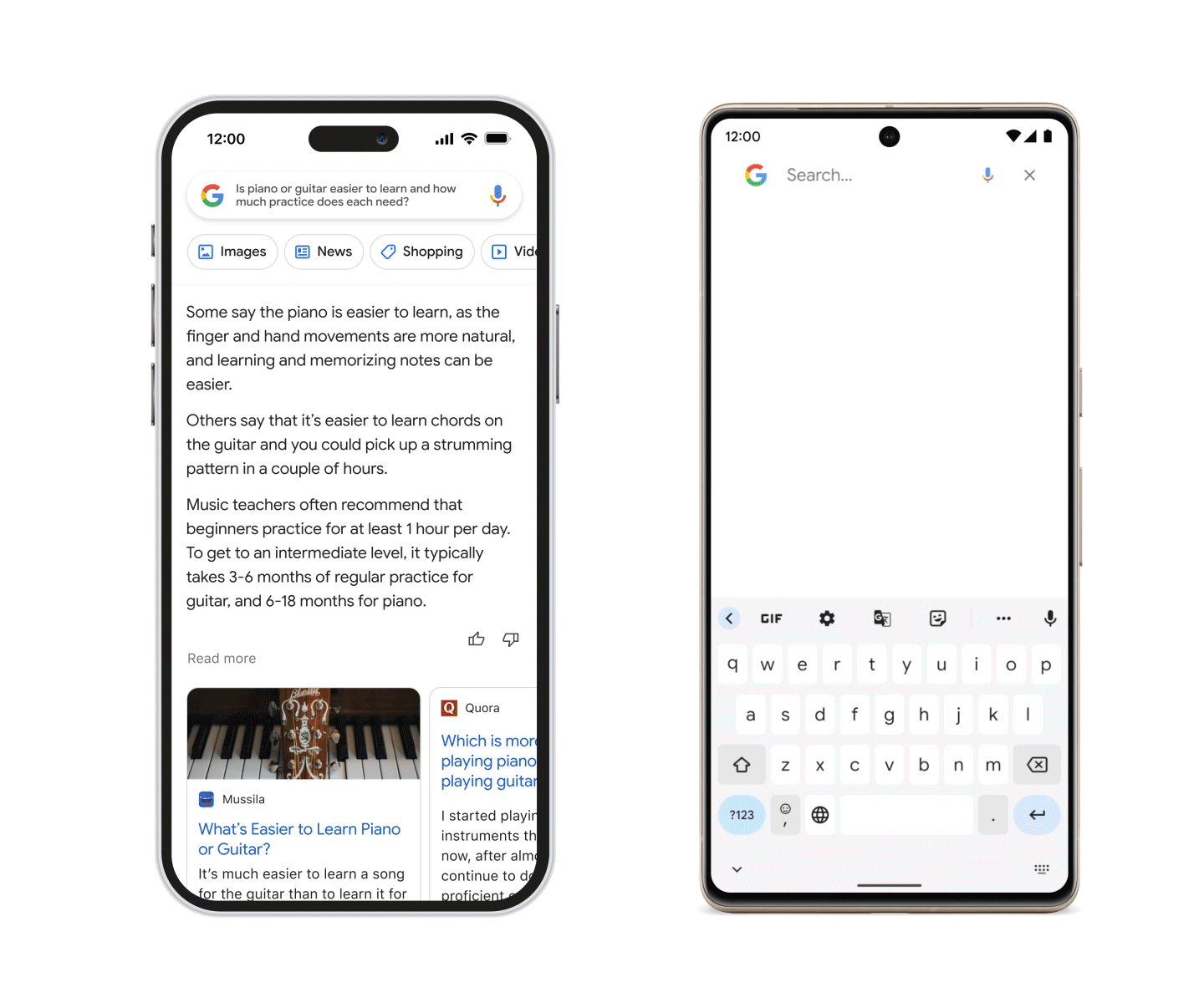
In its Bard announcement, Google announced that Bard would start rolling out on Google Search soon. These AI features will dissect complex information into easy-to-digest formats that allow readers to quickly understand and learn more about the topic. Instead of browsing through search results for an answer to a detailed question, Bard will give you the answer directly in Google. On its launch day, Google did emphasize that Bard is experimental and is excited to see the results of testing to help improve Bard’s quality and speed.
Recently, Google has reportedly started testing out a new desktop search page design that will integrate chat technology. Instead of the famous ‘I’m Feeling Lucky’ button, it would be replaced with prompts for potential questions and would see a chat logo added to the search bar. While it’s not a completely different design to Search, it could have a significant impact on traffic and visibility for websites.
What These Tools Mean for Marketers
AI-powered tools are here to stay. Despite the competition between Google and Microsoft, both are looking to achieve the same goal. Outside of creating a more conversational search experience, AI can help create a frictionless search experience. The potential for these tools is endless.
But we just aren’t there yet. While these tools have extremely large knowledge bases, they aren’t reliable and regularly provide inaccurate information. Google struggled with this exact issue on Bard’s launch day. It displayed incorrect information about NASA’s James Webb Space Telescope.
If you’re planning on using AI to create and replace human content, it can’t compete. It’s also easily detectable and there is a good chance it violates some of Google’s Webmaster Guidelines.
Why We Care
While we don’t recommend using these tools to create and publish content, we do suggest getting familiar with them. Information and updates are moving quickly in the AI search engine world. To stay ahead of the curve, you must learn about AI as much as you can.
The buzz on these tools is just ramping up but we’re in a holding pattern right now. Google and Microsoft have both limited the use of these tools in their search engines, so we truly don’t know the power they hold. As marketers, we’re eager to see what these tools can do and the impact these changes will have on search engine optimization, paid, and user experience.


